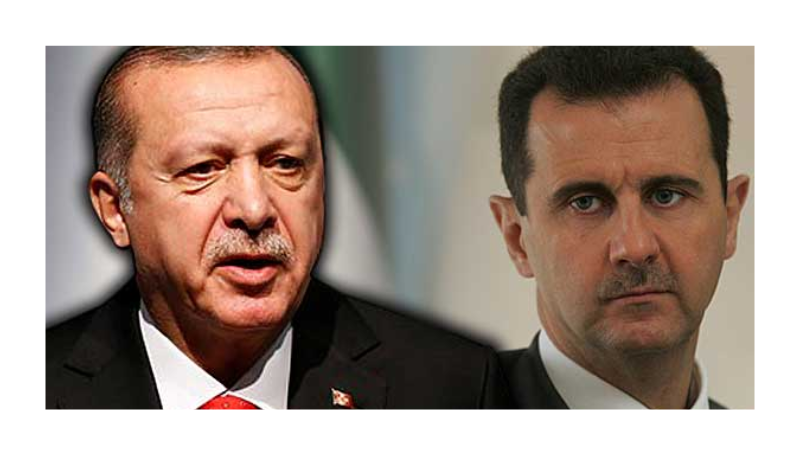Dr. Hay Eytan Cohen Yanarocak
JISS, Jan. 14, 2025
“Turkish ambitions in Syria appear to extend beyond the territorial.”
The collapse of Bashar al-Assad’s regime – brought about by Syrian opposition forces with Turkey’s backing – has created an unprecedented opportunity for Ankara to redefine its role as a regional power in line with its broader Neo-Ottoman aspirations. By championing the Sunni opposition and dismantling the Alawite-led regime, Turkey has succeeded in shifting the Mideast balance of power, installing in Damascus a regime dependent on Turkey and curbing the influence of rivals such as Iran and Russia. Erdoğan’s policy has also been driven by Ankara’s attempt to contain the emergence of Kurdish autonomy or statehood, which, in Turkish eyes, would have a destabilizing effect, threatening the territorial integrity of Syria, Iraq, Iran and Turkey.
Ankara envisions a comprehensive role in Syria’s reconstruction and governance, leveraging its Neo-Ottomanist vision to establish lasting cultural, economic, and military influence.
For years, Turkish President Recep Tayyip Erdoğan faced harsh criticism at home for his interventionist foreign policy in Syria. This criticism stemmed largely from the influx of Syrian refugees, which, according to official figures, surpassed 3 million people. However, Erdoğan refused to alter his stance. On the contrary, he adopted a Pan-Islamist approach, consistently emphasizing the importance both of hosting Syrian refugees as an expression of Islamic brotherhood and maintaining Turkey’s military presence in Syria.[1]
It is crucial to note that even during the critical 2023 general election campaign, Erdoğan did not change the stubborn approach that had already shaken his government’s political stability. For the first time in his political career, failed to secure victory in the first round of elections, largely due to Turkey’s faltering economy. However, the electorate did not separate economic issues from the Syrian civil war. The Syrian refugee issue – which fueled xenophobia and rising unemployment – along with the rising costs of sponsoring a deadlocked war, were seen as the reasons behind the deterioration of the economy. This was Erdoğan’s Achilles’ heel. Yet, against all odds – and partly due to the Turkish opposition’s failure to unite behind a charismatic leader such as the mayors of Istanbul or Ankara – Erdoğan once again managed to secure political survival. ….SOURCE


